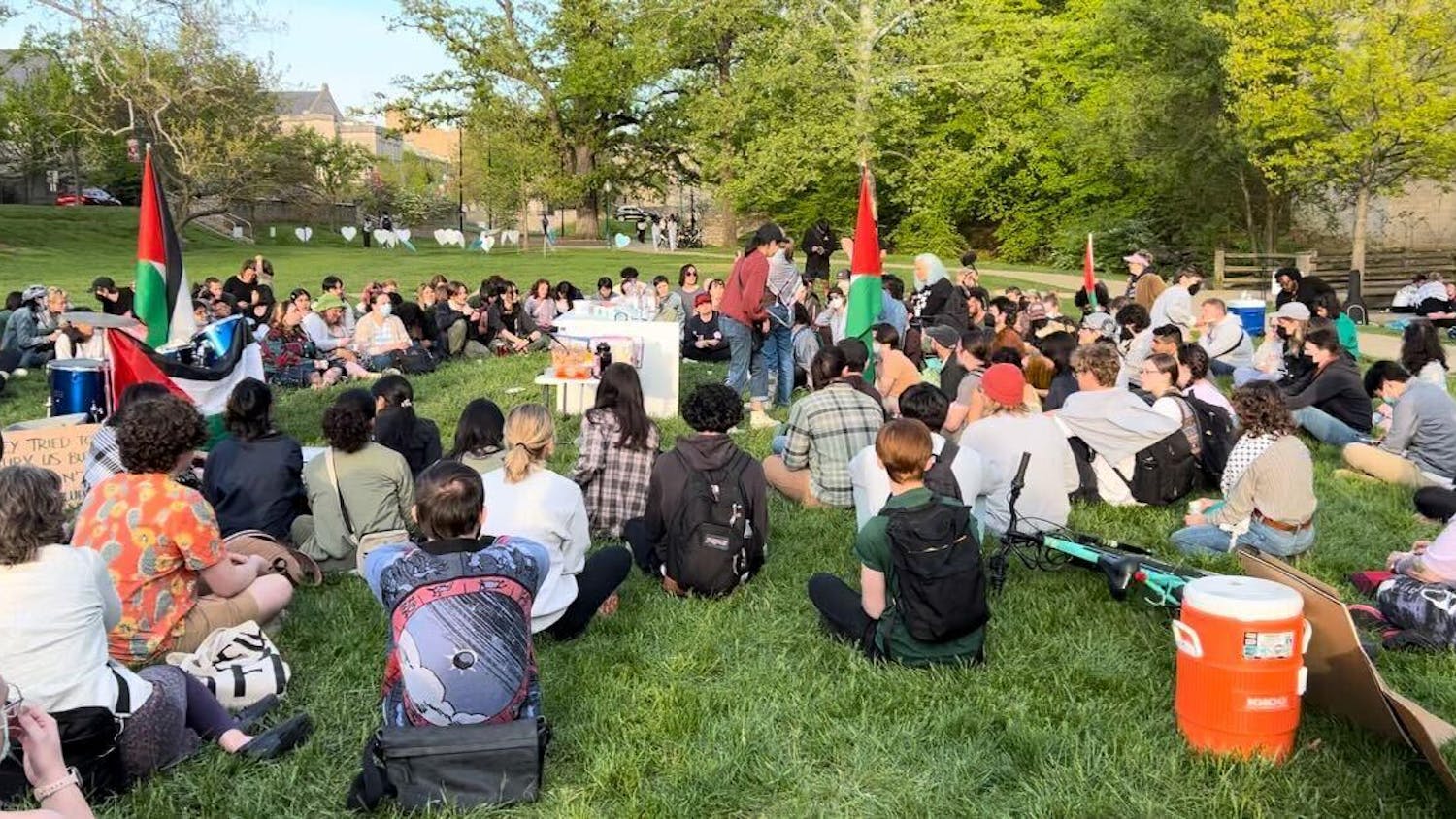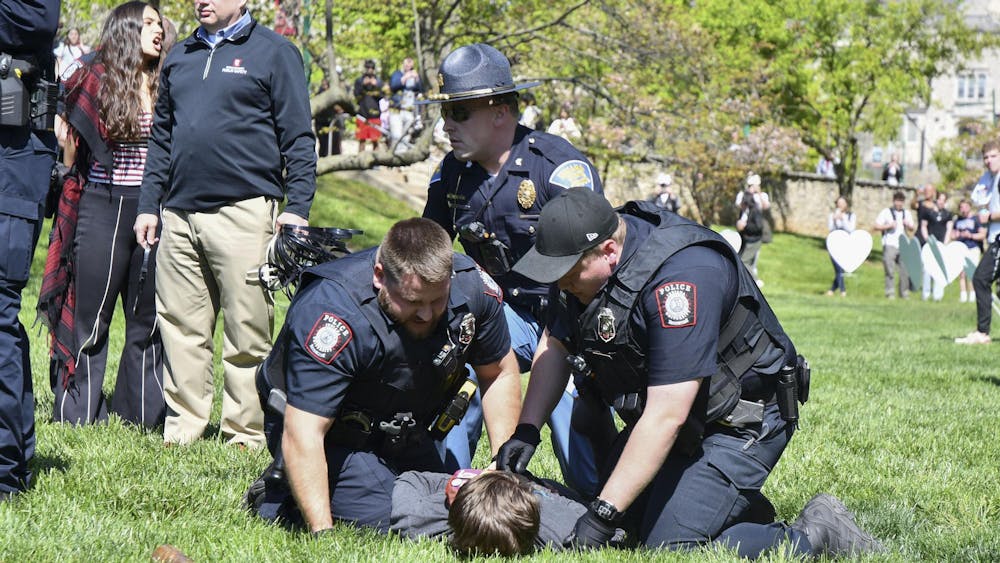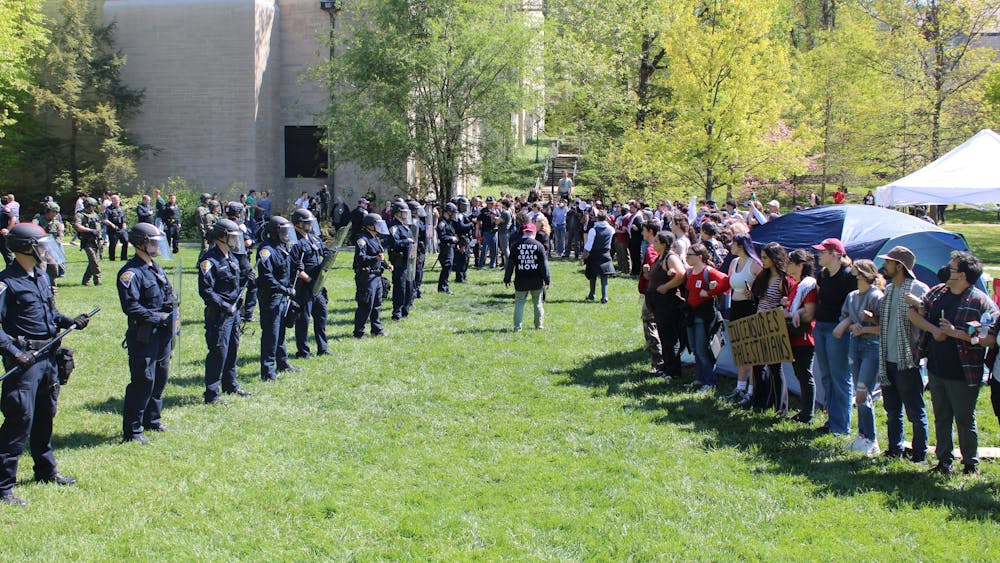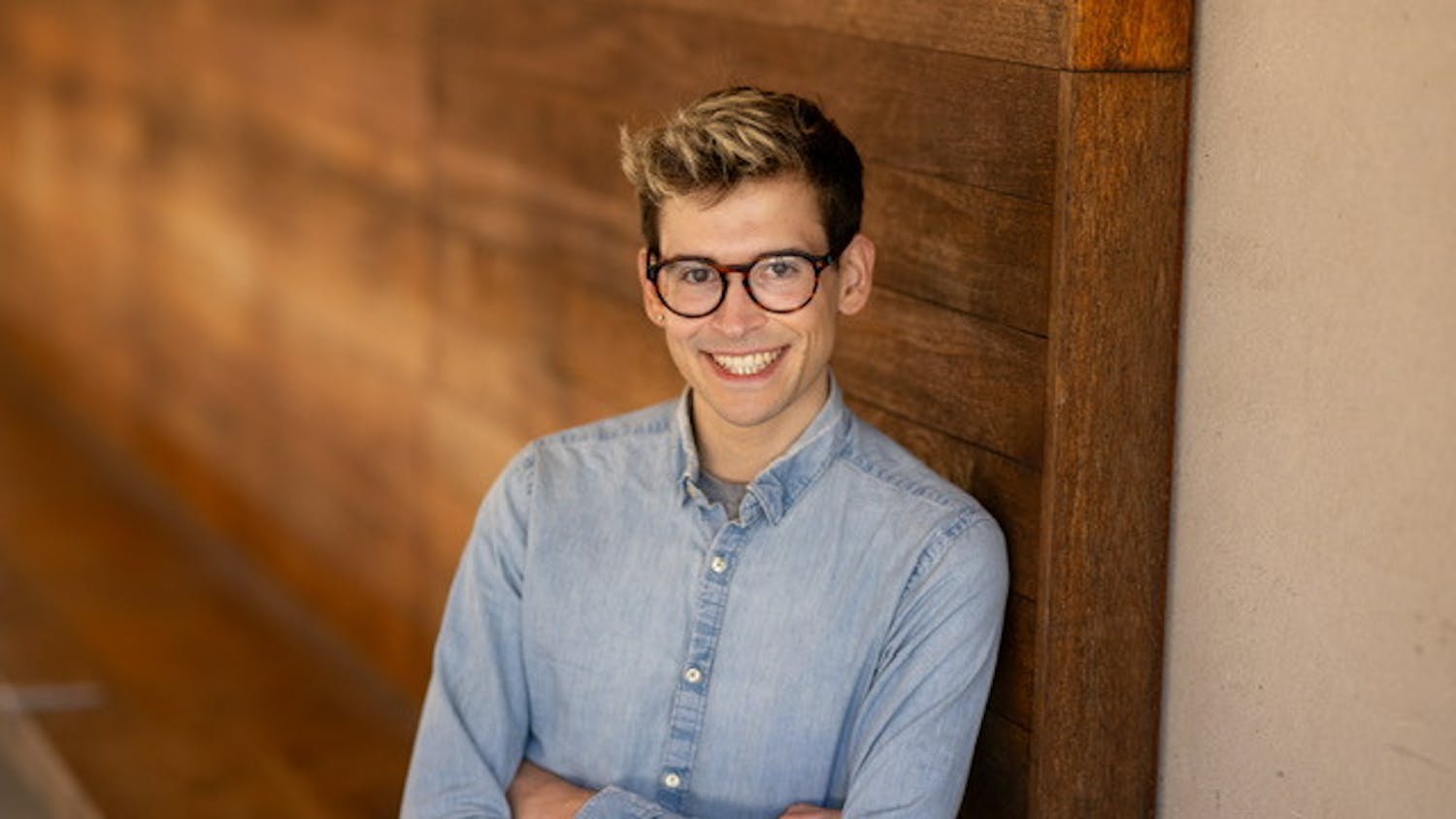The IU Student Association Supreme Court is accepting applications for justice positions until March 22.
Like many other roles in IUSA, a political or legal background is not a prerequisite for obtaining a justice position. For example, the current Chief Justice Matthew Bower is a senior majoring in biochemistry. Bower was appointed Chief Justice this year, after one year on the court.
He started his judicial career on the Teter Quad Judicial Board. A friend who was a justice recommended he apply to the Supreme Court.
“Part of that is why I want to get the word out,” said Bower. “I don’t think I would have known about it, had I not had a friend on it.”
In a prepared statement from the court, Associate Justice Grant Manon said the court aims to recruit students campus-wide to apply and build a diverse court. The current justices recruit and interview potential justices during the spring semester.
Candidates send an application to the current justices, who choose the best applicants and forward the nominees to the student body president. After the president approves them, the IUSA Congress votes to confirm the nominees.
Manon said having a student-led court means students are directly involved in the processes which affect other students’ lives. For example, the court reviews IUSA election results and resolves disputes.
“Students alone decide the fate of elections for positions to lead the entire student body,” he said.
However, being entirely student-run, the court is not infallible.
“An entirely student-led Court is problematic for the same reasons the national Supreme Court is ... humans make mistakes,” said Manon. “We are appointed for the duration of our time at IU under good behavior, which like the U.S. Supreme Court, means justices are less accountable to their peers than the other branches of government. But, then again, some argue this makes us more productive since we don’t spend any time campaigning for elections.”
In addition to overseeing IUSA elections, members of the court are appointed to campus committees by the student body president. They serve as student consultants on committees such as the Education Committee and the Committee on Multi-Cultural Understanding.
Bower said their third and possibly most important role is working with the Office of Student Ethics to hear cases of student misconduct, a task not directly related to IUSA.
“Considering we are part of IUSA, it is kind of strange,” said Bower. “The role we spend the most time doing is outside of IUSA.”
The Court provides one justice per hearing, balancing two faculty representatives with a student representative. Each of these cases has been appealed from a Judicial Board hearing, and can only be appealed once more. This final appeal is judged by a committee made up of one student, one faculty member and a staff member. At that level, the decision is final.
“This organization has a lot of say in serious things. Maybe we’ll just give a warning, sometimes it’s an expulsion,” said Bower. “That’s important, that we have students making those decisions... It’s not just three adults sitting there deciding if you’re going to be expelled or not. If you plagiarize, there’s a student that understands plagiarism is serious but understands the student perspective on it.”
IUSA to select Supreme Court justices
Get stories like this in your inbox
Subscribe





